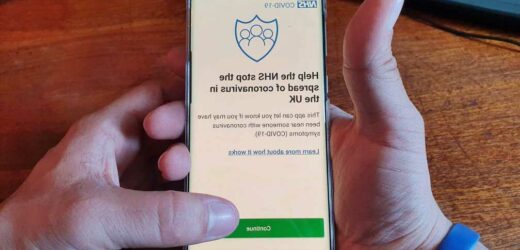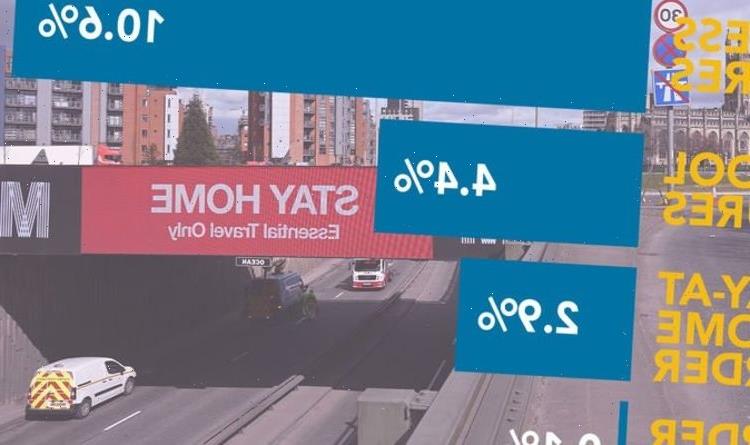CONTACT tracing won't stop the spread of coronavirus unless a person is tested within three days of developing symptoms, a new study claims.
Researchers said that the R value can be reduced from 1.2 to 0.8 through contact tracing in the "most optimistic scenario".
⚠️ Read our coronavirus live blog for the latest news & updates
But for that to work, at least 80 per cent of eligible people must be tested.
There must also be no delays in testing after the onset of symptoms, and at least 80 per cent of contacts must be identified on the same day as test results are received.
The study – published in The Lancet Public Health journal – found that if testing is delayed by three days or more, even a system that is able to trace 100 per cent of contacts with no delays cannot bring the R value below 1.
Professor Mirjam Kretzschmar, one of the lead authors of the study, from the University of Utrecht in the Netherlands, said: "This study reinforces findings from other modelling studies, showing that contact tracing can be an effective intervention to prevent spread of the SARS-CoV-2 virus, but only if the proportion of contacts traced is high and the process is fast."
Researchers determined that reducing the time between a person developing symptoms and receiving a test result was the most important factor for improving contact tracing.
For the measure to be successful, it must keep the R value below 1, meaning that the number of individuals who will be infected by a single person must be less than one, the study said.
The system works by tracking down individuals who have been in close contact with an infected person so they can be isolated to prevent further spread of the virus.
While conventional tracing methods involve a public health professional calling an infected person so they can recall everyone they have been in recent contact with, several countries have introduced mobile apps to speed up the process.
Mobile tracing
The NHS is building a mobile tracing app based on a model developed by Apple and Google, but it is not expected to be ready before the winter.
The mathematical model used by researchers assumed that about 40 per cent of virus transmission occurs before a person develops symptoms.
In the absence of a strategy to reduce transmission, an infected person will transmit the virus to an average of 2.5 people, while the introduction of physical distancing measures reduced it to 1.2, the study said.
The model assumed that conventional tracing takes a minimum of three days, while the mobile app can track down contacts instantaneously.
It found that conventional contact tracing will only keep the R value below 1 if people with coronavirus receive a positive test result on the same day they develop symptoms.
If a person with symptoms has their test delayed by two days, keeping the R value below 1 would require their contacts to be traced within a day and at least 80% of these identified, the model predicted.
CORONAVIRUS CRISIS – STAY IN THE KNOW
Don’t miss the latest news and figures – and essential advice for you and your family.
To receive The Sun’s Coronavirus newsletter in your inbox every tea time, sign up here.
To follow us on Facebook, simply ‘Like’ our Coronavirus page.
Get Britain’s best-selling newspaper delivered to your smartphone or tablet each day – find out more.
Most read in Health News
'DEVASTATED' Dad of Greenwood girlfriend says he was ‘part of family’ after violence claims
Wycombe's Akinfenwa furiously confronts MK Dons fans over abusive chant
Rylan Clark filmed demanding 'gimme the f***ing gear' in worrying vid
Andrew shouted at gardener over wrongly-cut trees after being served writ
Contact tracing based on mobile app technology can accommodate a delay in testing of up to two days and keep the R number below 1, as long as at least 80% of contacts are tracked down, the study found.
Study author Professor Marc Bonten, from the University of Utrecht, said minimising testing delays had the largest impact on reducing transmission, and was therefore the "most critical factor" in the success of the tracing system.
The authors noted that the model did not take into account the age structure of the population, which could influence the proportion of asymptomatic cases.
Source: Read Full Article









